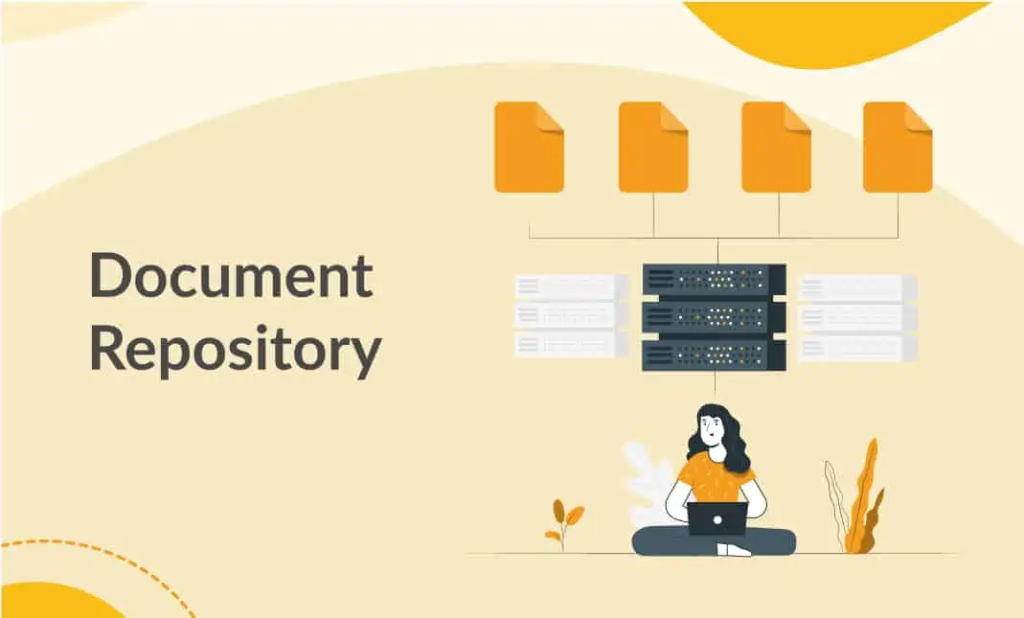Nowadays, more and more companies and organizations are switching to cloud technologies for data storage and server hosting. Cloud technologies allow you to quickly and easily create, configure and scale server solutions, providing more flexible and convenient working conditions. Compared to traditional approaches to server hosting, which require the purchase of hardware and software and manual configuration of servers, cloud technologies provide much greater flexibility and convenience in server management.
Advantages of cloud servers
One of the main advantages of cloud technologies is scalability. In the cloud, you can quickly change the size of resources depending on current needs, which allows companies to save on equipment costs. It also allows you to quickly open new projects and scale existing ones without the need for additional equipment purchases.
Cloud technologies also provide a high level of availability, fault tolerance and data redundancy. Companies can be confident that their data and business processes will be preserved, even if servers or other systems fail.
In addition, cloud technology is a cost-effective solution for many companies. Payment is made only for used resources, which allows you to save on hardware and software costs. Cloud technology also eliminates server maintenance and support costs, allowing companies to focus on their business goals and projects.

Another advantage of cloud technologies is a higher level of data security. In traditional approaches to server hosting, data is stored on a company’s on-premises servers, making it vulnerable to cyber attacks, physical damage, or loss due to unforeseen events. In the case of cloud technologies, data is stored on remote servers that have a higher level of security.
Cloud providers use modern data protection technologies such as encryption, multi-level authentication systems and automatic backups. This allows you to prevent data leakage and theft, as well as restore it in case of data loss. Cloud technology providers also provide continuous monitoring and data analysis, allowing for rapid detection and prevention of security threats.
Companies that use cloud technologies can be sure that their data is safe and not available for unauthorized access. This is especially important for companies that work with confidential and sensitive data, such as financial data, medical records or personal customer information.
In general, cloud technologies provide companies with significant advantages over traditional approaches to server hosting. This allows companies to quickly and efficiently develop, increase their capabilities and remain competitive in the market.
Disadvantages of cloud hosting
Like any technology, cloud technologies have some drawbacks. One of the main disadvantages is the need to connect to the Internet to access cloud resources. If a company has problems with its Internet connection, it can lead to downtime and unavailability of cloud resources.
Another disadvantage is the potential vulnerability to cyber attacks. Although cloud providers take many measures to protect their servers and customer data, there is a risk that attackers can gain access to cloud resources and steal sensitive data.
Also, in some cases, cloud technologies can be less flexible than traditional server hosting approaches. For example, some applications and databases may require higher performance and more control than is possible in a cloud environment.
And finally, another disadvantage can be the loss of control over infrastructure and data. In traditional approaches to server hosting, companies have full control over their infrastructure and data, while using cloud technologies some of the control is transferred to the cloud provider. This can cause some concern, especially in the case of sensitive data.
However, cloud technology is still a highly efficient and popular option for many companies, despite some drawbacks. It is important to carefully study all aspects before deciding which server hosting approach to choose.

















